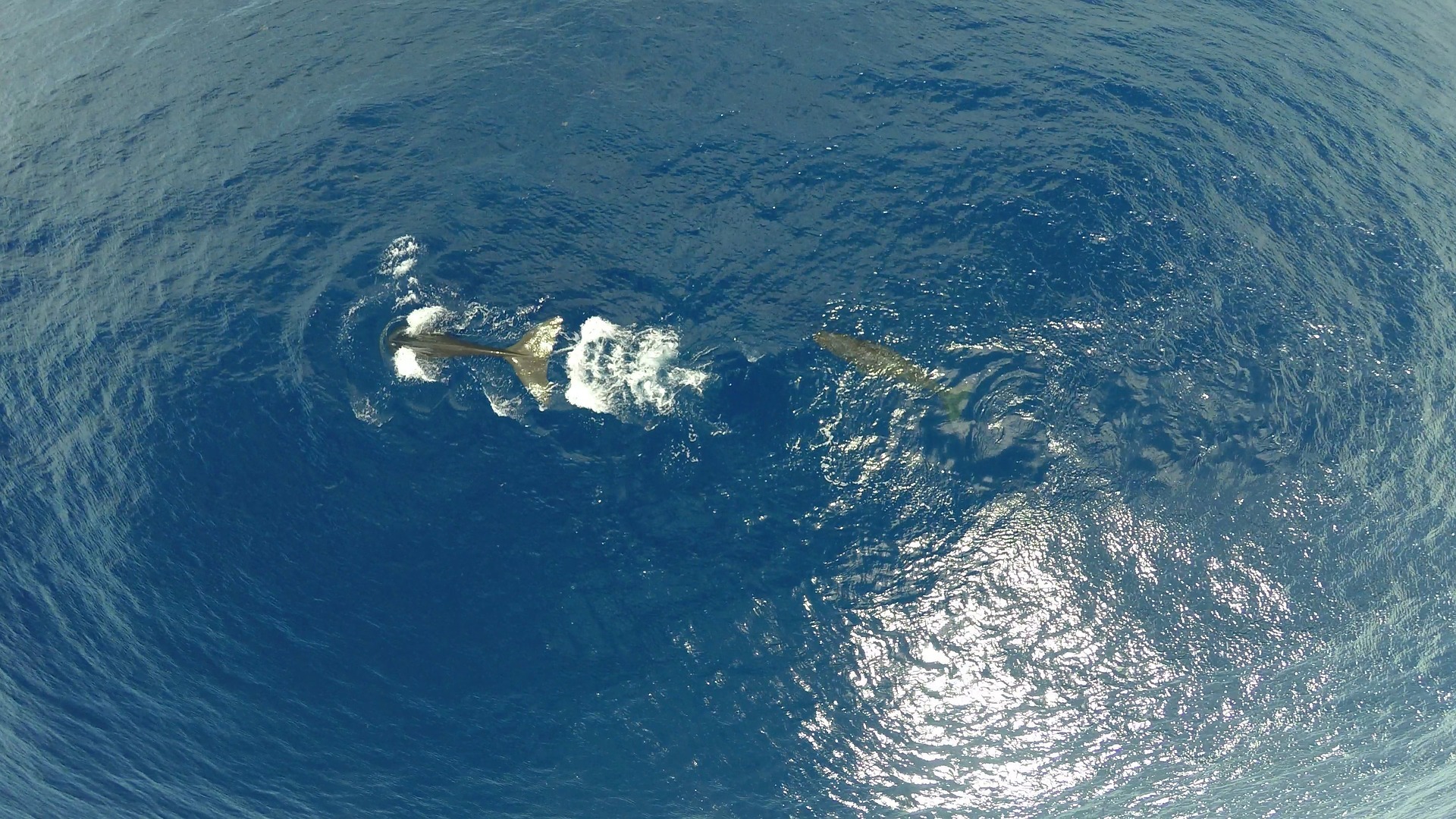Sub(marine) Culture
Elena Miu gives an overview of Cantor, Whitehead, Gero & Rendell, 2016, “Cultural turnover among Galapagos sperm whales”.
Culturally driven behavioural change in a population can occur by either replacing behaviours within a population, or by replacing the individuals themselves. Whilst behavioural replacement is relatively common in the non-human world, we are still lacking examples of individual replacement outside the human domain. Here, Cantor et al. document fast cultural turnover caused by the replacement of individual cultural groups over large spatio-temporal scales: sperm whales off the Galapagos islands.
Female sperm whales live in multilevel societies – the largest social level is the vocal clan, which is distinguished by a characteristic repertoire of click patterns used in social communication (i.e. codas). Vocal clans are sympatric but socially segregated, with differing patterns of habitat use, foraging success, diet, and social behaviour, all suggesting that clan membership has wider implications above and beyond vocal dialect.
The authors tracked sperm whales visually and acoustically in deep water cross the Tropical Pacific between 1986 and 2014, with a focus on the Galapagos archipelago as the main study area. Thousands of individuals have been identified from photos (individuals have identifying marks on their tails), alongside the codification of several thousand vocal codas.
Photo-ID results indicate that encounter rates decreased from 1985, with the whales having completely left the Galapagos by 2000. Surveys in 2013 – 2014 indicate a recent return of sperm whales in the area, none of which matched those previously identified. Furthermore, acoustic similarity analysis confirms that the two clans originally common around the Galapagos in the 1980s – 1990s (the Regular and Plus-One clans) have actually been replaced by two other clans, who had previously been identified on the other side of the Tropical Pacific and not the Galapagos (the Short and Four-Plus clans).
These results support the idea of an emigration out of the Galapagos, possibly caused by large-scale environmental shifts and food shortages, or by population shifts from modern whaling. Nevertheless, these results highlight the intimate link between culture and population structure, and illustrate how tracking cultural change can reveal large-scale population dynamics in non-human animals.
REFERENCES
Cantor, M., Whitehead, H., Gero, S., & Rendell, L. (2016). Cultural turnover among Galápagos sperm whales. Royal Society Open Science, 3 (10), 160615
About the author
Elena Miu studied Linguistics and Artificial Intelligence at the University of Edinburgh, and completed a Biology PhD with Luke Rendell at University of St Andrews. She is currently working as a post-doc with Tom Morgan in the School of Human Evolution and Social Change at Arizona State University.
